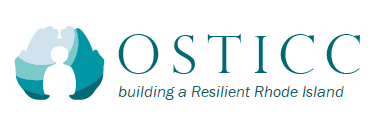Individual trauma results from an event, series of events, or set of circumstances that is experienced by an individual as physically or emotionally harmful or life threatening and that has lasting adverse effects on the individual’s functioning and mental, physical, social, emotional or spiritual well-being.
- Trauma is a widespread, harmful and costly public health problem. It occurs as a result of violence, abuse, neglect, loss, disaster, war and other emotionally harmful experiences.
- Trauma has no boundaries with regard to age, gender, socioeconomic status, race, ethnicity, geography or sexual orientation.
- It is an almost universal experience of people with mental health and substance use disorders.
- The need to address trauma is increasingly viewed as an important component of effective behavioral health service delivery.
- It has become evident that addressing trauma requires a multi-pronged, multi-agency public health approach inclusive of public education and awareness, prevention and early identification, and effective trauma-specific assessment and treatment.
- In order to maximize the impact of these efforts, they need to be provided in an organizational or community context that is trauma-informed, that is, based on the knowledge and understanding of trauma and its far-reaching implications.
A trauma-informed approach realizes the widespread impact of trauma; recognizes the signs and symptoms of trauma, and responds by fully integrating knowledge about trauma into actions that actively resist re-traumatization.
-SAMHSA’s Concept of Trauma and Guidance for a Trauma Informed Approach, July 2014
OSTICC’s mission is to promote an understanding of trauma and its impact within the State of Rhode Island, building trust that facilitates collaboration between many different service systems, organizations, and individuals in order to support work that improves social outcomes, helps people heal, and enriches quality of life in Rhode Island.

